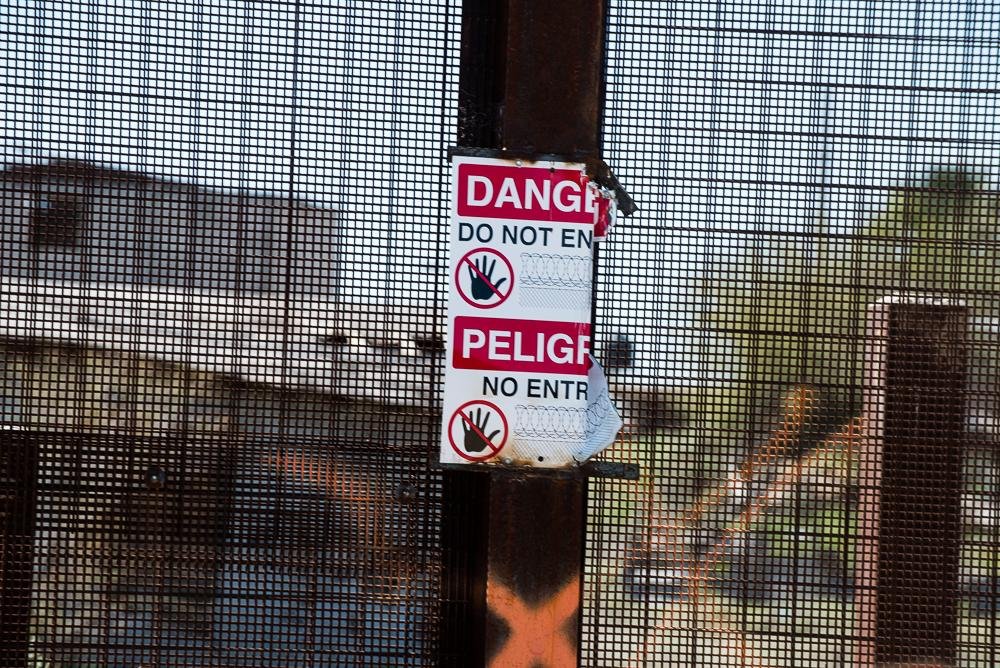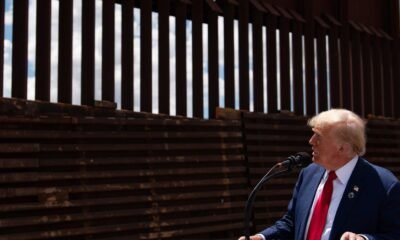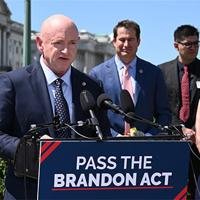border
Federal Judge Greenlights ICE Raids Inside Churches

A federal judge has dismissed a request from a multifaith coalition seeking to block a Trump administration policy that permits Immigration and Customs Enforcement (ICE) agents to enter places of worship to detain migrants. Judge Dabney Friedrich, appointed by former President Trump, ruled that the coalition, which includes 27 Christian and Jewish organizations, did not demonstrate adequate standing to challenge the reversal of a policy that previously restricted such actions.
The original “sensitive locations” policy limited ICE and Customs and Border Protection (CBP) agents from conducting operations in churches, schools, and other facilities unless in emergencies or with high-level approvals. This policy was rescinded on January 20, with the Department of Homeland Security stating that clear guidelines were unnecessary and encouraging officers to exercise discretion.
While the faith groups argued that the policy change led to decreased attendance at their services—a decline reported by several congregations—they struggled to connect this drop directly to the new rules. One Hispanic congregation noted a decline from 140 to 90 attendees, while another observed a 25-40% drop since January. Judge Friedrich acknowledged these declines but expressed skepticism regarding their cause.
“The evidence suggests that congregants are staying home to avoid encountering ICE in their own neighborhoods, not because churches or synagogues are locations of elevated risk,” Friedrich stated. The lawsuit cited the case of Wilson Velásquez, a Honduran immigrant arrested during a church service despite complying with immigration requirements. The coalition contended that the policy shift forced faith communities to choose between their welcoming practices and the risk of attracting immigration enforcement.
Friedrich concluded that the coalition’s claims lacked substantive evidence of imminent enforcement actions against their places of worship, characterizing the legal challenge as speculative. Arguments made during hearings indicated ongoing legal challenges to the policy in different jurisdictions, highlighting a broader context of immigration enforcement.
The recent ruling reflects a significant moment in U.S. immigration policy, emphasizing the tension between enforcement practices and the protection of vulnerable communities. The Justice Department underscored the necessity of uniformly enforcing immigration laws, dismissing the coalition’s concerns as unsubstantiated.

















